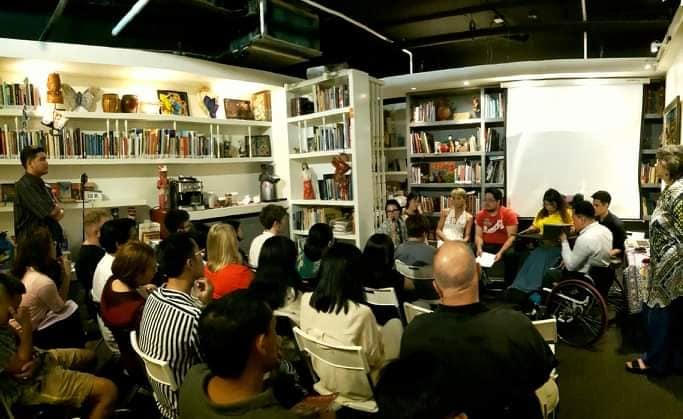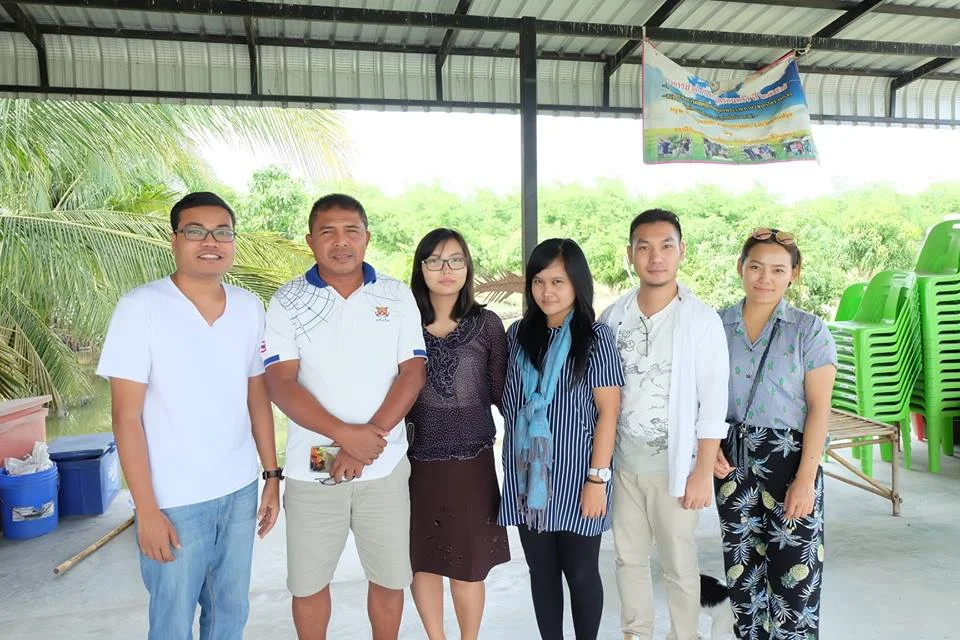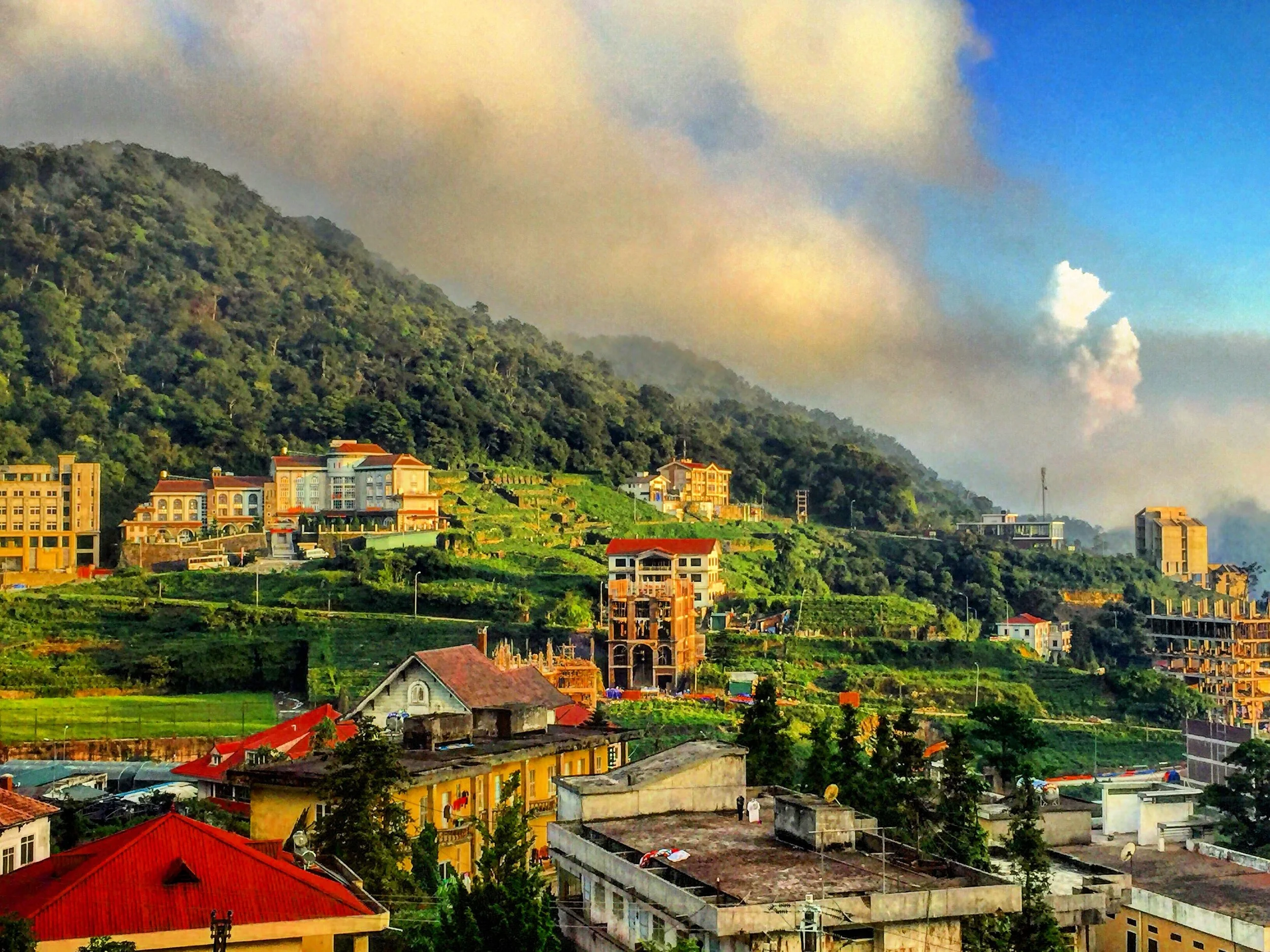Very Inclusive Party - Empowering LGBTI Persons with Disabilities IID Project
/Marginalized groups continue to face discrimination in multiple areas of their lives. Various campaigns and organizations have sought to reduce the impact and tackle the problems faced directly by the community that they represent, with varying degrees of success. However, what happens if someone faces multiple marginalizations at the same time? Double discrimination is widespread, but there is little to no recognition for it in Southeast Asia. In the event organized by Very Inclusive Party, which was held on 6 April 2019, the double discrimination faced by the LGBTI people who are also people with disabilities were discussed.
Very Inclusive Party is a group of 5 International Development Studies students at the Faculty of Political Science, Chulalongkorn University (MAIDS-GRID). The group holds a keen interest in initiating an innovative way to empower LGBTI persons with disabilities to communicate with each other and to the public about the barriers to access a free and independent life. The group aims to disseminate a short awareness raising video on social media platforms, and at the event where the public can meet and participate in discussion on this less recognized topic.
The project was undertaken as part of the MAIDS’ ‘Innovation for Inclusive Development’ course, which is advised by Carl Middleton.
Co-organized with SEA Junction, the event, which was titled ”Double Discrimination: LGBTI Persons with Disabilities", consisted of the screening of a short documentary followed by a panel discussion on double discrimination. The short video revealed the common challenges that LGBTI and people with disabilities share. It documented two conversations between a transwoman with a blind person, and a gay person with a deaf person. This short film portrayed the genuine emotion and unscripted stories of the two un-bridged communities in Thailand. This is so that the challenges of each community could be better known and understood. The video can be accessed by people with disabilities.
SHORT FILM: The Intersectionality of Gender and Disability
How might we empower LGBTI persons with disabilities to communicate with each other and to the public about the barriers to achieve free and independent living? (เราจะเสริมพลังคนพิการที่เป็นแอลจีบีทีไอให้สื่อสารกันเอง รวมทั้งสื่อสารต่อสาธารณะชนเกี่ยวอุปสรรคที่จะเข้าถึงการดำรงชีวิตอิสระได้อย่างไร?)
Reflecting on the theme of the screened film, speakers who represent both communities and those who bridge them, discussed on the “intersectional” discrimination faced by people with diverse sexual orientation, gender identity and expression and sex characteristics and disability. The lack of communication and collaboration between the two marginalized communities was also discussed, as well as what should be done and by who.
The speakers for the event are Sawang Srisom, a disability activist, Siri Ninlapruek, an LGBTI activist, Akekawat Pimsawan, a core member of Togetherness for Equality and Action (TEA) Group, and Pakkart Posri, representative from persons with disability community. The event was moderated by Thanita Wongprasert, independent youth LGBTI activist.

















